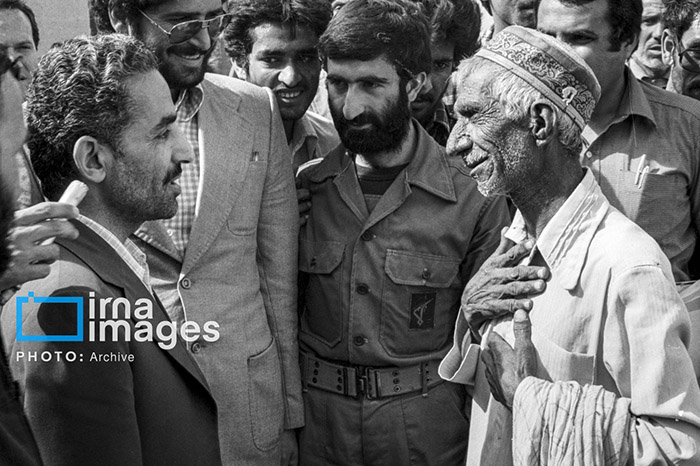Despite Bazargan’s cabinet resigning on November 6, 1979, in response to the Iran hostage crisis, Rajai remained in his position until August 12, 1980. His tenure as Minister of Education was marked by controversy, particularly regarding his efforts to Islamize the education system. Nevertheless, his commitment to the Islamic cause and his ability to navigate the complexities of post-revolutionary Iran earned him significant respect within the ruling circles.
Premiership Under Abolhassan Banisadr
In August 1980, Rajai was appointed Prime Minister by then-President Abolhassan Banisadr. Banisadr, who was elected as the first president of Iran after the revolution, was under immense pressure from the dominant Islamic Republican Party to appoint a prime minister who was more aligned with the party’s conservative and Islamic values. Rajai, with his strong revolutionary credentials and close ties to the clerical establishment, was seen as the ideal candidate.
As Prime Minister, Rajai faced numerous challenges, including the outbreak of the Iran-Iraq War on September 22, 1980. The war, which would last for eight years, placed enormous strain on Iran’s fledgling government and its economy. Rajai’s cabinet, which included figures like Karim Khodapanahi as Foreign Affairs Minister, Mohammad-Reza Mahdavi Kani as Interior Minister, and Javad Fakoori as Defense Minister, was tasked with managing the war effort and maintaining internal stability.

